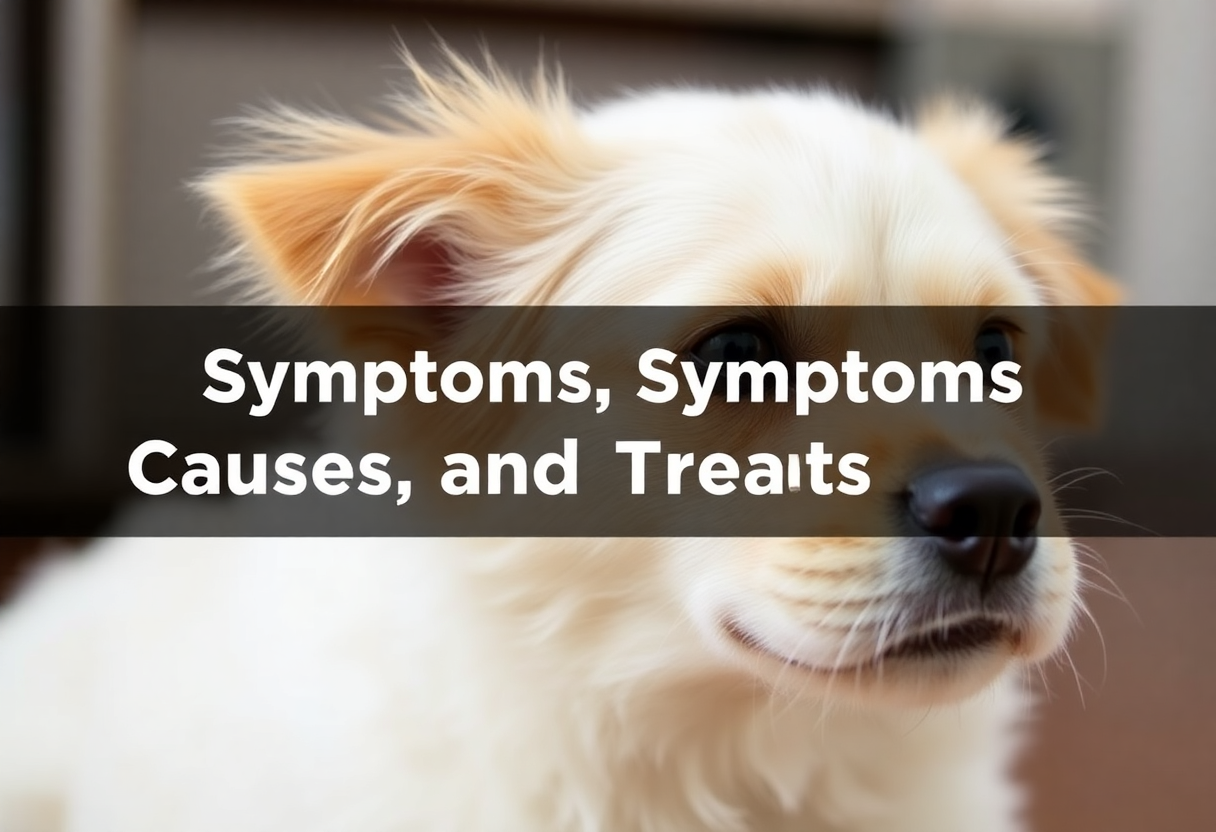Understanding Pet Allergies: Symptoms, Causes, and Treatments
Pet allergies are a common concern for many pet owners. These allergies can affect both pets and humans, leading to discomfort and health issues. In this post, we will explore the symptoms, causes, and potential treatments for pet allergies, helping you to better understand this prevalent issue.
What Are Pet Allergies?
Pet allergies occur when a pet's body reacts adversely to certain substances, known as allergens. These allergens can be found in a pet's skin, saliva, urine, or feces. They can also be environmental factors, such as dust mites, pollen, and mold.
Symptoms of Pet Allergies
The symptoms of pet allergies can vary widely among different pets and can also manifest in humans. Common symptoms include:
- Itching and Scratching: Pets may excessively scratch their skin, leading to redness and irritation.
- Skin Infections: Continuous scratching can lead to secondary infections.
- Respiratory Issues: Allergies can cause sneezing, coughing, and difficulty breathing.
- Watery Eyes: Allergies may cause pets to have watery or red eyes.
- Digestive Problems: Some pets may experience vomiting or diarrhea as a result of allergies.
Causes of Pet Allergies
Understanding the causes of pet allergies can help you identify potential triggers for your pet:
- Food Allergies: Ingredients in pet food, such as beef, chicken, dairy, or grains, can lead to allergic reactions.
- Environmental Allergies: Pollens, dust mites, mold, and other environmental factors can trigger allergic responses.
- Flea Allergies: Some pets are allergic to flea saliva, which can cause intense itching and discomfort.
- Contact Allergies: Pets may also have allergic reactions to certain materials, such as plastics, chemicals, or fabrics.
Treatments for Pet Allergies
Treating pet allergies often requires a multi-faceted approach. Here are several methods commonly used:
- Allergen Avoidance: Reducing exposure to known allergens is often the first step in managing allergies.
- Medications: Antihistamines, corticosteroids, and other medications can help relieve symptoms.
- Allergy Shots: Immunotherapy, or allergy shots, can help desensitize pets to certain allergens over time.
- Diet Changes: If food allergies are suspected, a veterinarian may recommend a special diet.
Conclusion
Understanding pet allergies is crucial for pet owners. By recognizing the symptoms, causes, and treatment options, you can ensure your furry friend leads a comfortable life.

Always consult a veterinarian for a proper diagnosis and treatment plan tailored to your pet's specific needs.